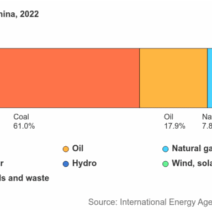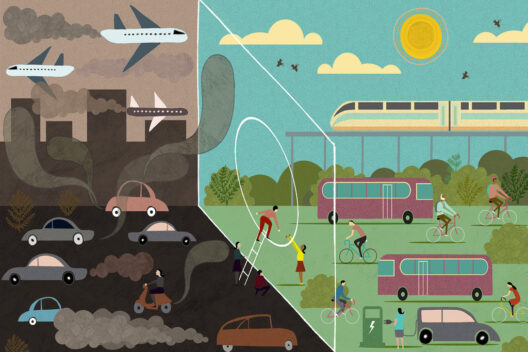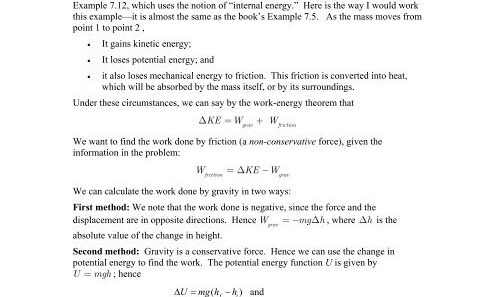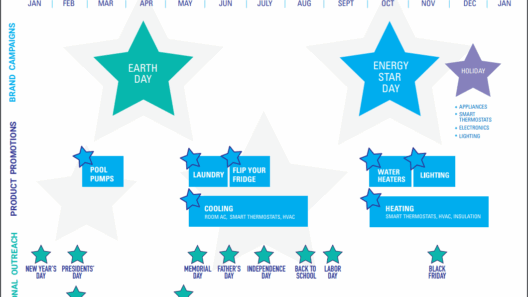Energy conservation is an essential practice that encompasses methods to reduce energy consumption without sacrificing productivity and comfort. It is not merely about using less energy; it is fundamentally about making informed choices that benefit both consumers and the environment. Through the lens of energy conservation, we can explore a multitude of advantages that contribute to a sustainable future, enhance economic stability, and improve individual well-being. This discourse will elucidate the multifarious benefits of energy conservation and how they manifest in everyday life.
To begin with, energy conservation plays a pivotal role in mitigating environmental degradation. The reduction of energy consumption leads directly to a decrease in greenhouse gas emissions. These emissions are a significant contributor to climate change, which has far-reaching implications for ecosystems and human health. By conserving energy, individuals can reduce their carbon footprint, thus contributing to the global effort to combat climate change. This can involve simple actions, such as turning off lights when not in use, using energy-efficient appliances, or utilizing public transportation. Each small adjustment accumulates to yield substantial environmental benefits.
Moreover, energy conservation helps in preserving natural resources. Fossil fuels, such as coal, oil, and natural gas, are finite resources that take millions of years to form. By reducing energy consumption, we can diminish our reliance on these dwindling resources, thus extending their availability for future generations. This becomes particularly pertinent in the context of global energy demands, which are projected to escalate as populations grow and industrial activities expand. Implementing energy-efficient practices today ensures a more sustainable use of resources tomorrow.
Financial savings are another compelling advantage of energy conservation. By minimizing energy usage, households and businesses can witness a significant reduction in energy bills. Energy-efficient upgrades, such as better insulation, Energy Star-rated appliances, and programmable thermostats, may require an initial investment; however, the long-term savings can be substantial. Furthermore, incentive programs such as tax credits and rebates often accompany energy-efficient purchases, making the transition to conservation even more economically viable. The cumulative effect of these savings can enhance financial security for individuals and families.
Energy conservation also fosters innovation and economic growth. As society strives for more efficient technologies and practices, a myriad of job opportunities emerge in sectors focused on renewable energy, energy efficiency retrofitting, and sustainable practices. This transition not only stimulates the economy but also prepares it for a future where renewable energy sources predominate. By investing in energy-efficient technologies and practices, we create a self-sustaining cycle of innovation that can yield long-lasting benefits.
On the personal level, energy conservation can enhance overall quality of life. Improved efficiency in energy use often leads to a more comfortable living environment. For instance, homes that are well insulated and equipped with energy-efficient heating and cooling systems can maintain consistent temperatures more effectively. This not only reduces energy consumption but also promotes well-being, particularly for vulnerable populations such as the elderly or those with health issues. Furthermore, greater energy efficiency often results in lower levels of noise and air pollution, contributing to better mental and physical well-being.
Moreover, energy conservation cultivates resilience in the face of fluctuating energy markets. Energy prices can be severely impacted by geopolitical tensions, natural disasters, and market volatility. By adopting energy-saving strategies, consumers can insulate themselves from sudden price hikes and supply shortages. This resilience is particularly vital for low-income families who may be disproportionately affected by energy costs. Energy conservation thus acts as a safeguard against economic instability, promoting a more equitable standard of living.
In addition to these benefits, energy conservation encourages a culture of mindfulness and responsibility. As individuals engage in energy-saving practices, they become more conscious of their consumption habits. This heightened awareness can foster a community ethos centered around sustainability and collective action. Through advocacy and education, communities can promote energy-saving initiatives, initiating programs that emphasize beneficial practices such as community energy audits, carpooling systems, and neighborhood clean-energy projects. As collective awareness grows, more substantial changes can take root in societal norms regarding energy consumption.
Further, the connection between energy conservation and urban planning cannot be overlooked. Sustainable urban development relies heavily on energy-efficient infrastructure that not only reduces consumption but also enhances the livability of urban spaces. Smart grids, energy-efficient public transportation systems, and green building designs contribute to a holistic approach to energy conservation. By integrating energy conservation into urban design, cities can mitigate heat island effects, reduce pollution, and cultivate environments conducive to public health.
Lastly, energy conservation is integrally linked to technological advancement. The rise of smart technologies such as smart meters, appliances, and home automation systems has revolutionized the way individuals manage their energy consumption. These innovations enable real-time monitoring of energy use, empowering consumers to make informed choices and further reduce waste. As technology continues to evolve, the potential for energy conservation grows, promising even more efficient solutions tailored to individual needs.
In conclusion, energy conservation is a multifaceted approach that yields numerous benefits for individuals and the environment alike. From mitigating climate change and preserving natural resources to enhancing economic stability and individual well-being, the impact of conscientious energy use cannot be overstated. As we move forward, embracing energy-saving practices is not just a personal choice; it is a collective imperative. Together, we can foster a sustainable future, reaping the rewards of an energy-efficient society while nurturing the planet for generations to come.








